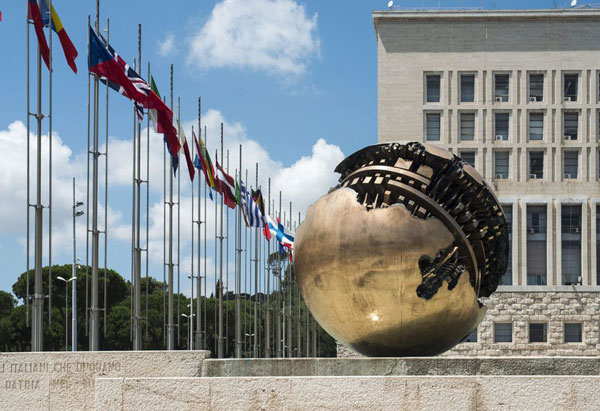The Foreign Ministry’s initiative for the search for future ambassadors begins. For those who hold a degree and know the history of international relations, international law and economic policy. Questions to be sent online by 7 March. All information, documents and details to participate.
It is the first step to start your diplomatic career. It is the challenge for graduates under 35 with international knowledge and inclinations. It is offered by the Ministry of Foreign Affairs with the competition for the positions of legation secretary on probation. The announcement was published on Friday, January 20 in the Official Gazette and there is time to submit your application until Tuesday, March 7, 2017.
Among the requirements are those to be no more than thirty-five years old and have a university degree. In some cases it is possible to raise the age limit. The procedure of the competition includes an aptitude test, assessment of qualifications, written and oral exams and optional language tests.
The application must be submitted via the online application form on the website of the Ministry of Foreign Affairs . Incomplete or irregular applications are not valid. Furthermore, applications for participation in the competition submitted with methods and timing different from those indicated and in particular those for which the online filling in and submission procedure has not been carried out are not valid.
In order to pass the competition, candidates will have to take an aptitude test, an assessment of qualifications, written tests and timetables and any optional language tests. The Commission is composed of an Ambassador or Minister Plenipotentiary, on duty or at rest, who presides over the Commission, a State Counsellor or lawyer of the State or Magistrate of the Court of Auditors, two diplomatic officials of a grade not less than Embassy Counsellor and three first-tier professors from public and private universities for the subjects covered by the written tests.
The aptitude test consists of a questionnaire of 60 multiple-choice and computer-corrected questions (60 minutes in length) on the subjects of the history of international relations since the Vienna Congress; public and European Union international law; economic policy and multilateral economic, trade and financial cooperation; English without the use of any dictionary on current international issues and tests to ascertain the logicality of reasoning.
As for the written tests, the examination subjects will be history of international relations starting from the Vienna Congress, public international law and European Union law, economic policy and multilateral economic, trade and financial cooperation, English language (in this case a composition, without the use of any dictionary, on current international issues) and another foreign language chosen by the candidate among the following: French, Spanish and German.
Candidates will be admitted to the oral test if they have recorded an average of at least 70 cents in the five written tests, not less than 70 cents in the English language composition and not less than 60 cents in each of the remaining tests. The oral test will cover the following subjects: Italian public law (constitutional and administrative), state accounting, institutional notions of civil law and private international law and political and economic geography. To pass the examination, the candidate must score at least sixty cents.
Candidates may also ask in their application for admission to the competition to take optional oral tests in one or more official foreign languages other than those they have taken in the written tests. These tests consist of a conversation on current international issues.
The venue, day and time of the aptitude test will be published in the Official Journal of the European Union 4th special series ‘Competitions and examinations’.





